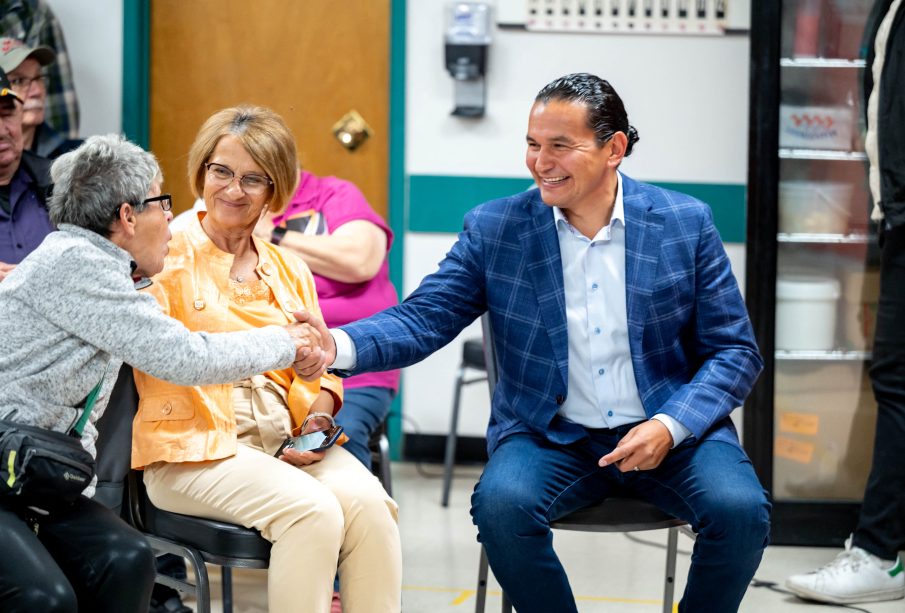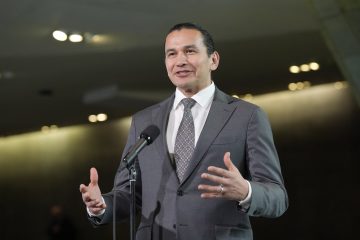Wab Kinew: Manitoba’s Historic Political Leader

Introduction
Wab Kinew has recently made history by becoming Manitoba’s first Indigenous premier, marking a monumental shift in the province’s political landscape. His ascent to this role is not only significant for the Indigenous community but also reflects a broader move towards inclusivity and representation in Canadian politics. As Kinew takes on this prestigious position, his policies and leadership style will be pivotal for the province’s future.
A Journey of Representation
Kinew, a member of the Anishinaabe Nation, has long been a prominent voice for Indigenous rights and representation in Canada. Before becoming premier, he served as the leader of the Manitoba New Democratic Party (NDP) and was elected as the Member of the Legislative Assembly (MLA) for Fort Roug. His background in the media, music, and education has equipped him with a unique perspective that resonates with a broader audience. During the recent election, Kinew campaigned on a platform focused on healthcare reform, social justice, and economic development, appealing to a diverse voter base.
Key Policies and Promises
As premier, Kinew has outlined several key policies aimed at addressing the pressing issues facing Manitoba residents. His government plans to prioritize healthcare accessibility, particularly in underserved communities, and invest in mental health services. Additionally, Kinew has emphasized the importance of Indigenous reconciliation, pledging to work towards meaningful partnerships with Indigenous communities across the province.
Another significant pillar of his agenda is the commitment to tackling climate change and promoting sustainable economic growth. Kinew aims to create green jobs and transition Manitoba to a more sustainable energy future, recognizing that environmental stewardship is critical for future generations.
Looking Ahead
Wab Kinew’s leadership represents a new era for Manitoba, one characterized by inclusivity and progressive policies. His success in implementing these initiatives will be closely watched, as the province faces numerous challenges, including economic recovery post-pandemic and social disparities. Many hope his government will foster a sense of unity and progress among all Manitobans.
In conclusion, Wab Kinew’s historic election is a turning point for Manitoba, presenting an opportunity to address long-standing issues within the province. His rise to leadership is emblematic of the changing political landscape in Canada, wherein diverse voices are increasingly gaining prominence. As Kinew navigates his role as premier, the implications of his policies will not only impact Manitoba but may also influence national conversations about Indigenous representation and governance.





